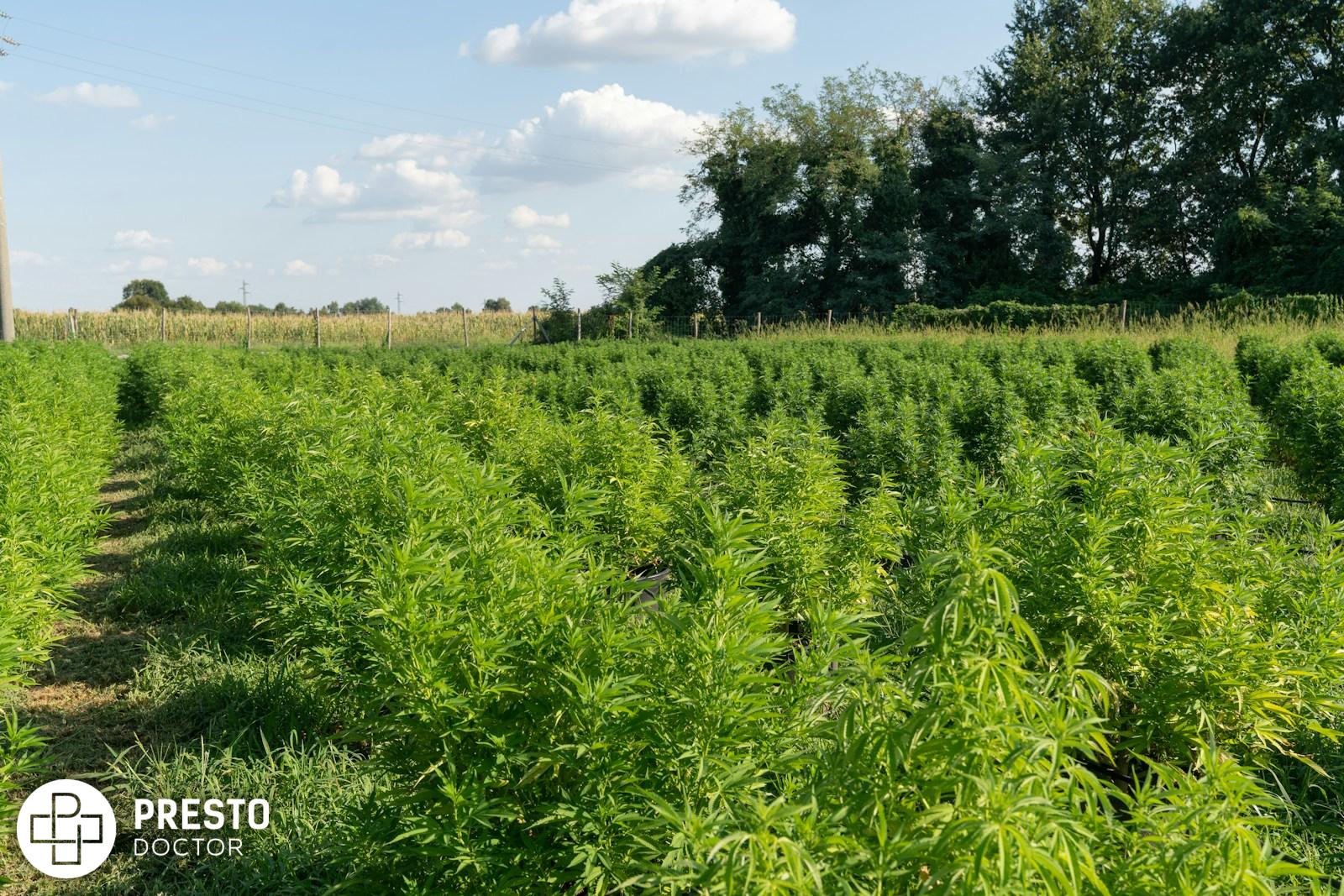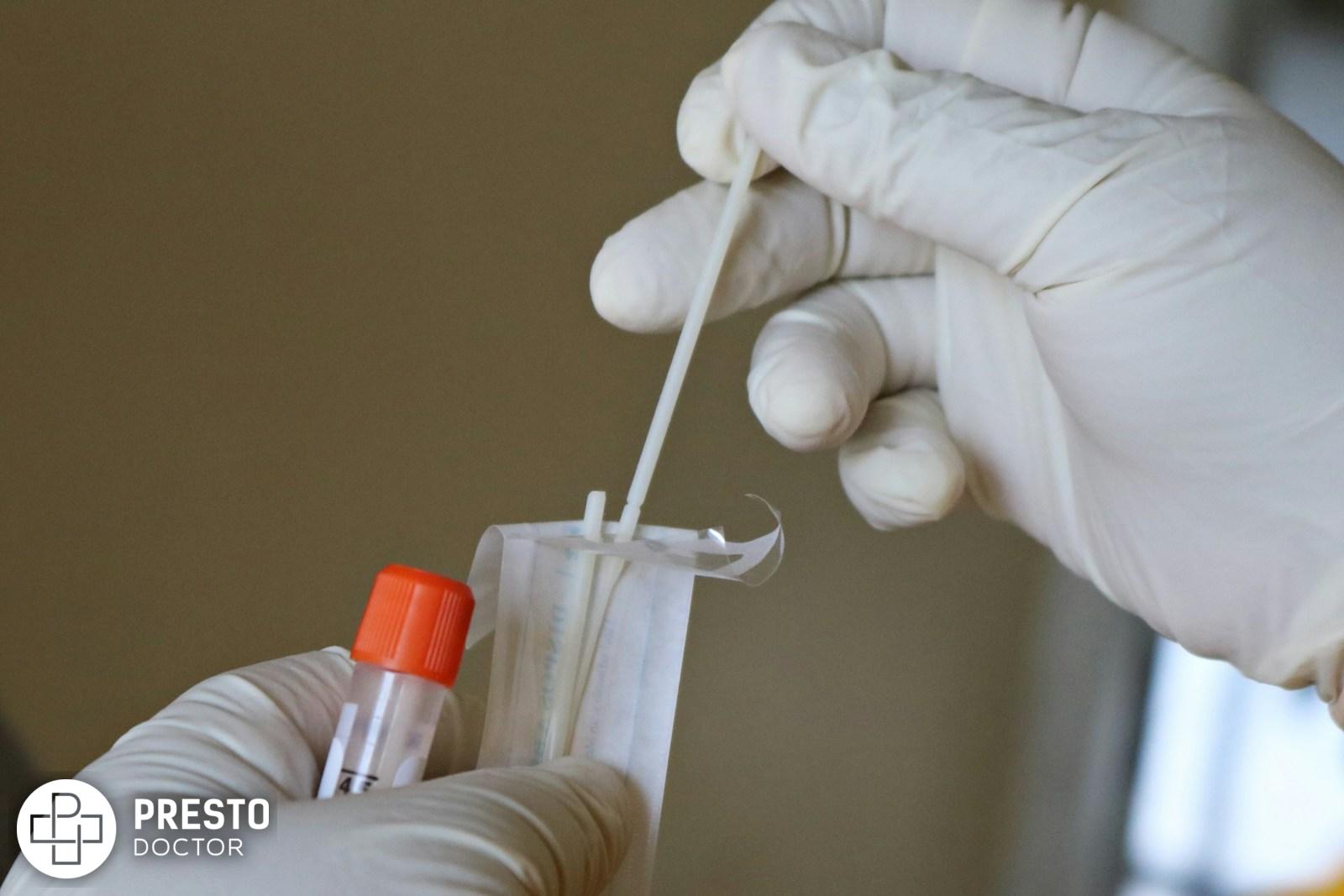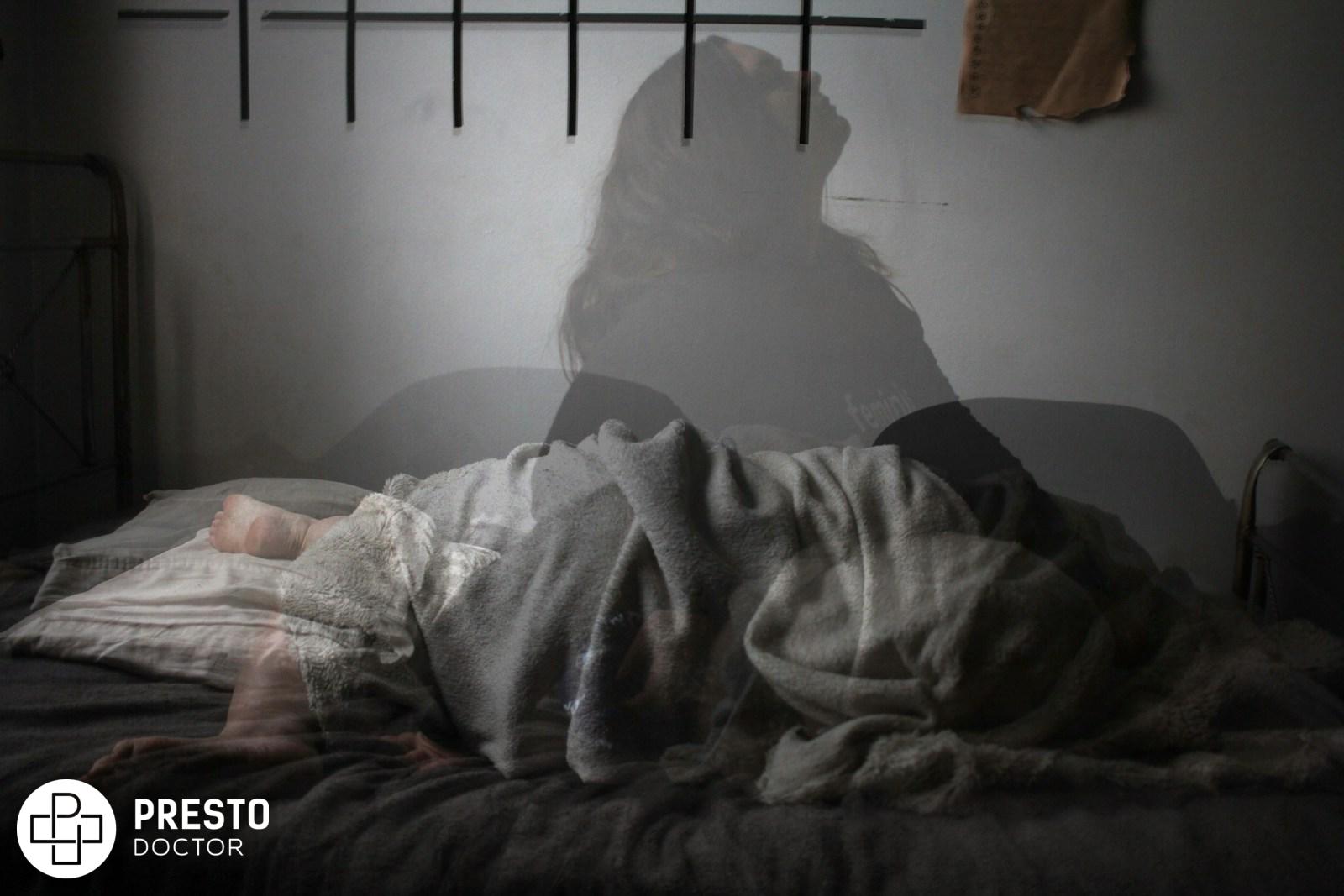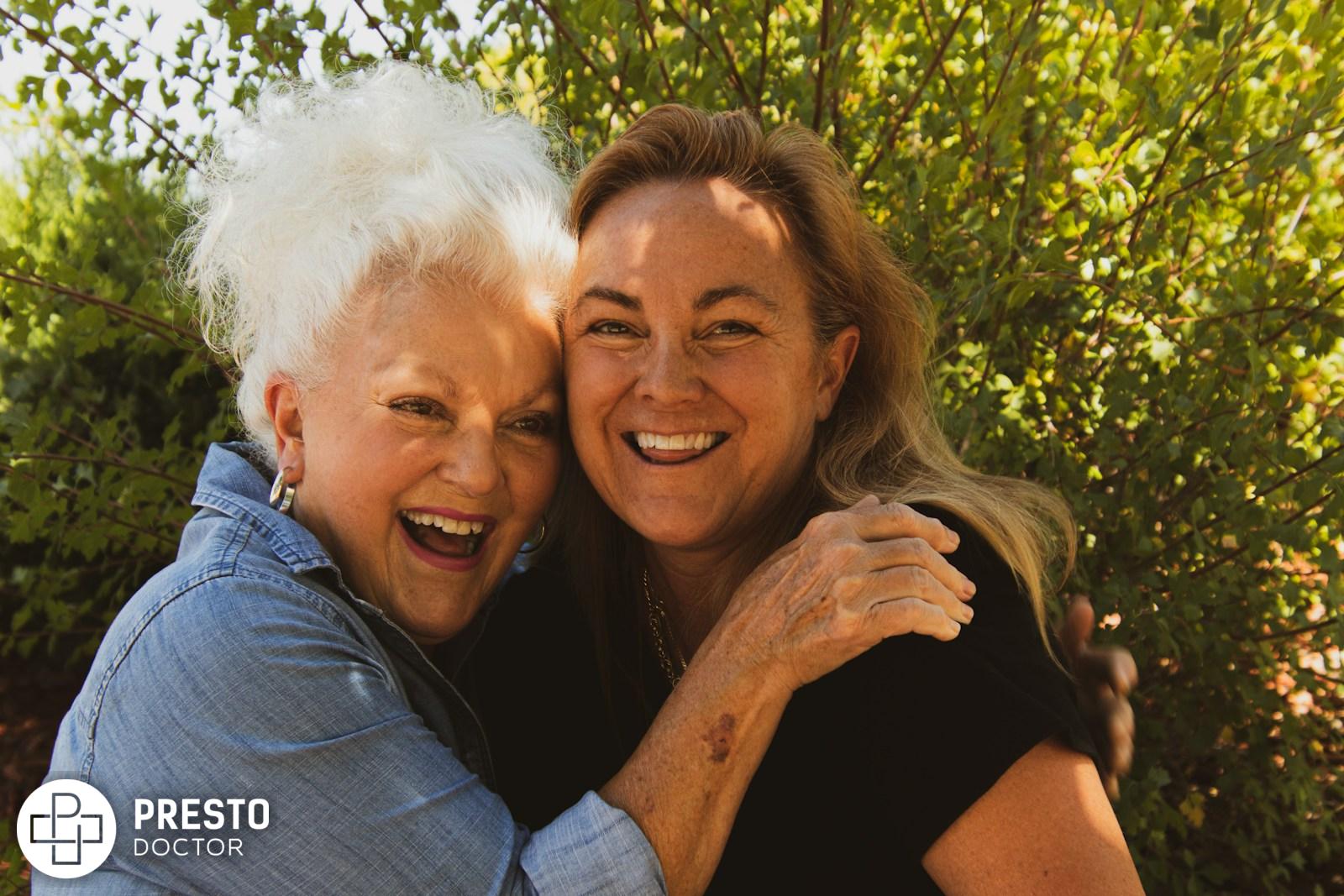
According to select studies, medical cannabis is believed to help states lower its opioid use. These findings provide some confirmation of a long-held belief by many that cannabis does indeed save lives. That includes opioid addiction, which continues to grip our nation and the world over.
In the past few months, a small but significant number of states have stepped up efforts to combat the epidemic. While in its infancy, these states represent the first to offer medical cannabis as an alternative to opioids. Hope runs high that this could be the solution for millions of individuals and families gripped by addiction.
States Seeking Opioid Alternatives
New York
New York State’s medical cannabis program has undergone a drastic, positive about-face in the past few years. Beginning as one of the strictest programs in the country, New York has expanded its access to veterans and other patients in need. This past June, the state continued its expansion by allowing any person with a prescription for opioids to use medical cannabis as an alternative treatment. The state’s decision comes after years of efforts from both lobbyists, grassroots organizations and increasing public awareness through awareness initiatives.
The move is aimed at repairing the program’s patient access while hopefully reducing opioid deaths. New York’s addiction woes have risen dramatically in just a few years. One analysis noted a 135 percent increase in deaths from opioids between 2013 and 2016 in the state.
In a press release announcing the expansion, New York State Health Commissioner Dr. Howard Zucker explained, “The opioid epidemic in New York State is an unprecedented crisis, and it is critical to ensure that providers have as many options as possible to treat patients in the most effective way…As research indicates that marijuana can reduce the use of opioids, adding opioid use as a qualifying condition for medical marijuana has the potential to help save countless lives across the state.”

New Jersey
In March 2018, New Jersey’s new Governor Phil Murphy signed off on the expansion of the state’s medical cannabis program. Opioid addiction was added with an array of other common medical conditions usually found on states’ qualifying lists. The move came after years of pleas from patients seeking access to medical cannabis as an alternative to opioids – often turned away by then-Governor Chris Christie. In addition to opioids, the state approved the following conditions for medical cannabis:
- Anxiety
- Migraines
- Tourette’s syndrome
- Chronic pain related to musculoskeletal disorders (including opioid use disorder)
- Chronic pain affecting of “visceral origin”
Since the expansion went into effect in March, the state reports that 6,000 new patients enrolled in the program. It is unclear which conditions saw the largest gains in patient enrollment. Regardless, New Jersey’s Health Commissioner, Shereef Elnahal, explained to NJTV that, “We have another piece of evidence that availability of marijuana has a positive effect in terms of reducing opioid prescriptions.”
Pennsylvania

In May, Pennsylvania Governor Tom Wolf signed off on the state’s medical cannabis expansion. Governor Wolf’s signing designated eight universities as Certified Academic Clinical Research Centers. The signing officially begins Pennsylvania’s process to eventually research medical marijuana. While research will take some time to get off the ground, Pennsylvania immediately expanded its coverage to opioid use disorder as well as neurodegenerative diseases, terminal illnesses, and dyskinetic or spastic movement disorders.
Pennsylvania had 37,000 patients registered at the time of the release, along with 1,000 physicians and 600 practitioners enrolled. The expansion to treat these conditions was applauded for providing medical professionals another tool to fight the devastating addiction problem in the state.
While the news is significant, it does come with a noteworthy caveat. Secretary of Health Dr. Rachel Levine pointed out, “It’s important to note that medical marijuana is not a substitute for proven treatments for the opioid-use disorder. In Pennsylvania, medical marijuana will be available to patients if all other treatment fails, or if a physician recommends that it be used in conjunction with traditional therapies.”
Illinois
Illinois could soon become the next state to offer medical cannabis as an alternative to opioids. The state’s Alternatives to Opioids Act would allow the state to start a pilot program to determine if medical cannabis can curb the addiction crisis. In May, the proposed bill swept through the state Congress, with the majority hoping to provide relief to citizens and families who saw nearly 2,000 opioids deaths in 2016 alone. The bill now awaits a final decision from Governor Bruce Rauner.
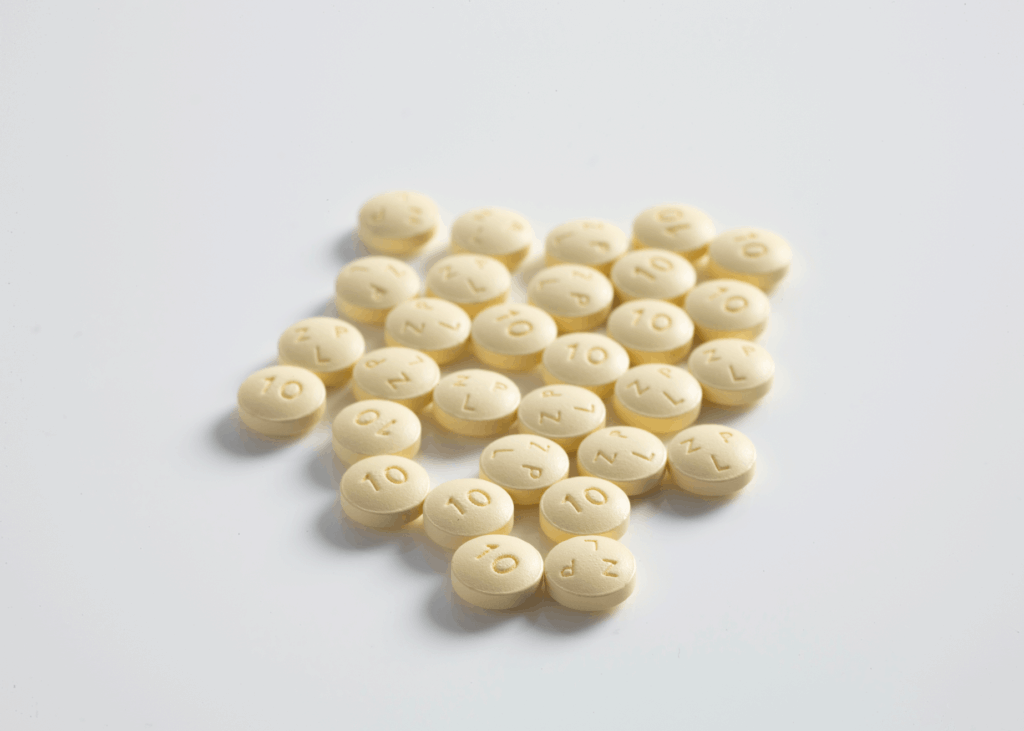
Recently released data from Marijuana Business Daily revealed that 2.4 million citizens of Illinois may qualify under the act if passed. The report also found the potential for a sizable leap in enrollment even if just a fraction of those eligible enrolled. For example, if just 15 percent of those qualified enrolled, Illinois could see an additional 365,000 patients sign up – earning the state an additional $425 million in revenue along the way.
With research finally starting to come in, findings appear to show a high probability of using medical cannabis as an alternative to opioids. These initial programs undertaken by the aforementioned states could be the proof of concept other states are waiting for. With pressure mounting from citizens and lobbyists, lawmakers in several states are starting to see the gravity of enhanced medical cannabis access.
What, if any, additional progress remains to be seen. However, it is clear that this is a topic worth following. The stakes are high and lives are on the line. With numerous methods not able to treat opioid addiction, more states could open their minds and registrations to medical cannabis in order to save lives.
If you are a New York State resident and would like help getting your medical cannabis card, sign up today. We’re excited to help you.

